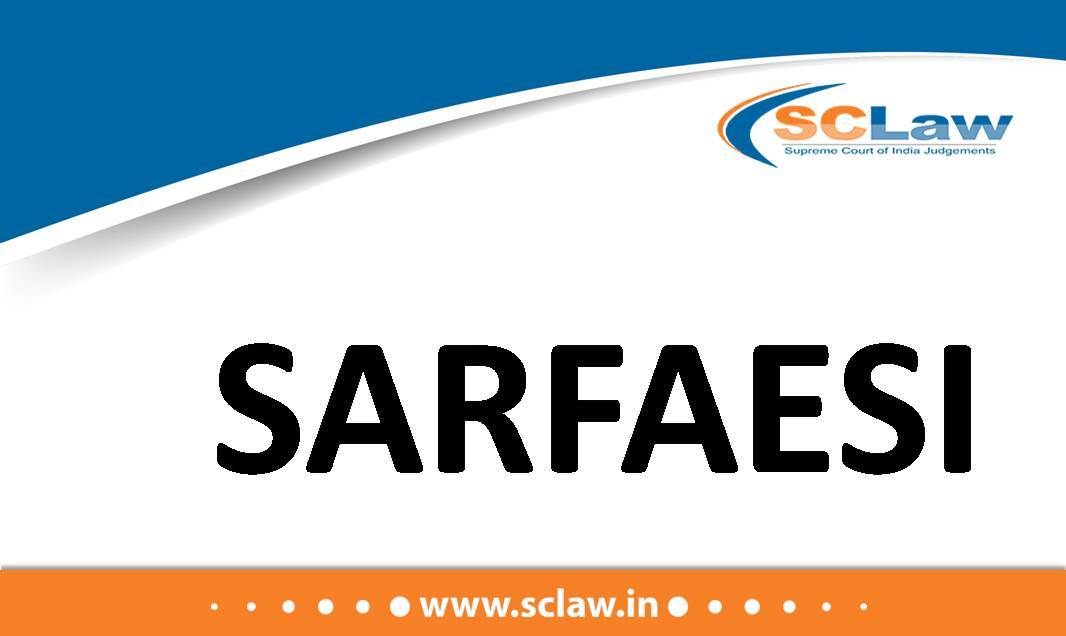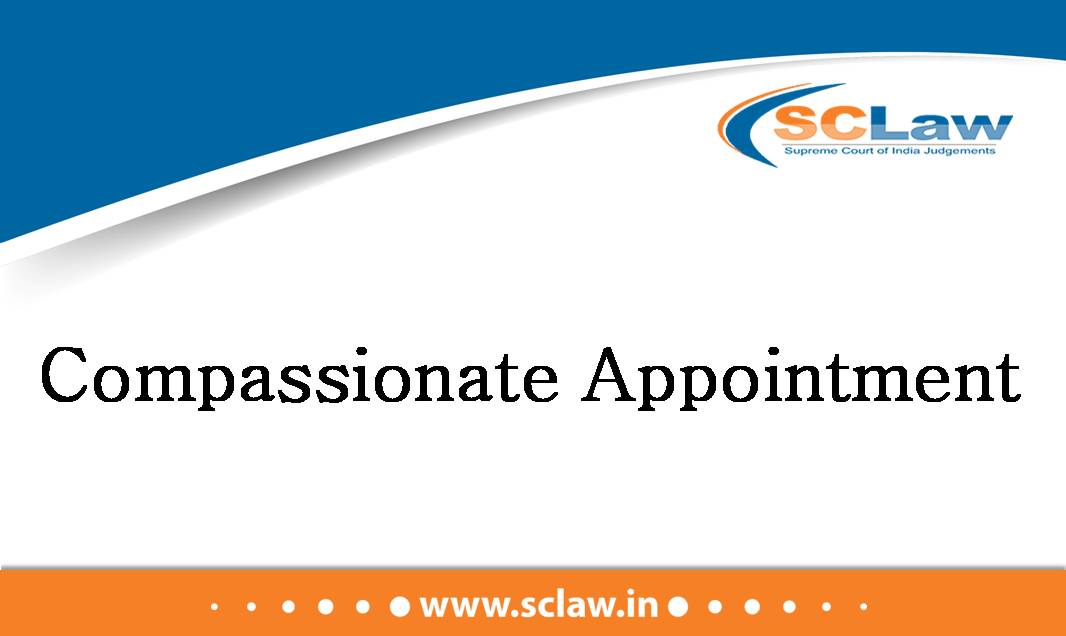No writ of mandamus could have been issued virtually granting the writ for specific performance of the contract/work order in a writ petition under Article 226 of the Constitution of India.
SUPREME COURT OF INDIA DIVISION BENCH MUNICIPAL COUNCIL GONDIA — Appellant Vs. DIVI WORKS AND SUPPLIERS, HUF AND OTHERS — Respondent ( Before : M. R. Shah and B.V. Nagarathna,…
(PIL) – When the subject matter was evidently a title claim between a private party and the State, No public interest litigation can be filed
SUPREME COURT OF INDIA FULL BENCH ESTEEM PROPERTIES PRIVATE LIMITED — Appellant Vs. CHETAN KAMBLE AND OTHERS — Respondent ( Before : N.V. Ramana, CJI., A.S. Bopanna and Hima Kohli,…
SARFAESI – Section 14(1A) – Taking of Possession of Secured Assets and Documents – Held, An advocate is and must be regarded as an officer of the court and subordinate to the CMM/DM for the purposes of Section 14(1A) of the 2002 Act – It is open to the District Magistrate (DM) or the Chief Metropolitan Magistrate (CMM) to appoint an advocate and authorise him/her to take possession of the secured assets and documents relating thereto
SUPREME COURT OF INDIA DIVISION BENCH NKGSB COOPERATIVE BANK LIMITED — Appellant Vs. SUBIR CHAKRAVARTY AND OTHERS — Respondent ( Before : A.M. Khanwilkar and C.T. Ravikumar, JJ. ) Civil…
National Investigation Agency Act, 2008 – Section 17 – Objective of Section 44, UAPA, Section 17, NIA Act, and Section 173(6) is to safeguard witnesses – They are in the nature of a statutory witness protection – On the court being satisfied that the disclosure of the address and name of the witness could endanger the family and the witness, such an order can be passed – They are also in the context of special provisions made for offences under special statutes.
SUPREME COURT OF INDIA DIVISION BENCH WAHEED-UR-REHMAN PARRA — Appellant Vs. UNION TERRITORY OF JAMMU AND KASHMIR — Respondent ( Before : Sanjay Kishan Kaul and M.M. Sundresh, JJ. )…
Motor Accident – Compensation – Enhancement of – Post accident – Pain, suffering and trauma suffered by the claimant cannot be compensated in terms of the money – However, still it will be a solace to award suitable compensation under different heads including the pain, shock and suffering, loss of amenities and happiness of life
SUPREME COURT OF INDIA DIVISION BENCH SRI BENSON GEORGE — Appellant Vs. RELIANCE GENERAL INSURANCE CO. LIMITED AND ANOTHER — Respondent ( Before : M.R. Shah and B.V. Nagarathna, JJ.…
Penal Code, 1860 (IPC) – Section 302 – Arms Act, 1959 – Sections 25 and 27 – Murder – Re-appreciation of evidence – evidence cannot be discarded only for the reason that PW allegedly did not raise any alarm or did not try to intervene when the deceased was being ferociously assaulted and stabbed
SUPREME COURT OF INDIA DIVISION BENCH SURESH YADAV @ GUDDU — Appellant Vs. THE STATE OF CHHATTISGARH — Respondent ( Before : Dinesh Maheshwari and Vikram Nath, JJ. ) Criminal…
Railways – Compassionate appointment – A child of a second wife of an employee could not be denied compassionate appointment on that ground alone. Child of second marriage at time of first marriage subsisting are legitimate per Section 16 of the Hindu Marriage Act
SUPREME COURT OF INDIA FULL BENCH MUKESH KUMAR AND ANOTHER — Appellant Vs. THE UNION OF INDIA AND OTHERS — Respondent ( Before : Uday Umesh Lalit, S. Ravindra Bhat…
Work and Contract – Blacklisting/Banning – Considering the seriousness of the matter that due to the omission and commission on the part of the contractor a serious incident had occurred as there was a collapse of a ten meter slab while constructing a flyover in which one person died and eleven others injured, as such the contractor does not deserve any leniency
SUPREME COURT OF INDIA DIVISION BENCH STATE OF ODISHA AND OTHERS — Appellant Vs. M/S PANDA INFRAPROJECT LIMITED — Respondent ( Before : M.R. Shah and B.V. Nagarathna, JJ. )…
Central Excise Act, 1944 – Section 11E – SARFAESI Act, 2002 will have an overriding effect on the provisions of the Central Excise Act of 1944
SUPREME COURT OF INDIA DIVISION BENCH PUNJAB NATIONAL BANK — Appellant Vs. UNION OF INDIA AND OTHERS — Respondent ( Before : L. Nageswara Rao and Vineet Saran, JJ. )…
Rajasthan Agricultural Produce Markets Act, 1961 – Sections 9, 9(1), 9(2) and 9(2)(xvii) – Exemption to pay service tax – If the statute mandates that the Market Committees have to provide the land/shop/platform/space on rent/lease then and then only it can be said to be a mandatory statutory obligation otherwise it is only a discretionary function. No exemption from tax.
SUPREME COURT OF INDIA DIVISION BENCH KRISHI UPAJ MANDI SAMITI, NEW MANDI YARD, ALWAR — Appellant Vs. COMMISSIONER OF CENTRAL EXCISE AND SERVICE TAX, ALWAR — Respondent ( Before :…
















